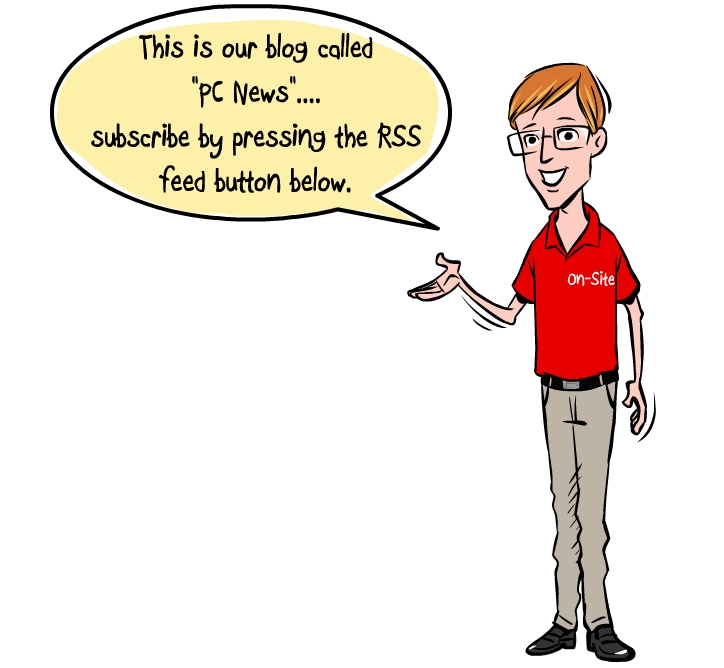If your computer has become slower over time, there are several possible reasons. In this three-part series, you’ll learn the primary reasons a computer isn’t reaching its full speed potential. First, we’ll examine the hardware-related reasons that might be preventing your computer from keeping up with your workload.
There are several hardware upgrades that can positively impact your computer’s speed:
- Processor: If your computer is older, this is one of the likely reasons your computer isn’t satisfying your need for speed. The speed of the latest CPUs increases by a considerable margin each year. An older computer obviously has an older, and slower, central processing unit.
- Keep in mind, that a motherboard will only accept a particular “family” of central processing units. A processor upgrade might require the installation of a new motherboard in some cases.
- Random Access Memory (RAM): While RAM does indeed have a speed rating associated with it, it’s the amount of RAM in your computer that is more important. Many computers have open memory slots that can be utilized to add additional memory. There is also the possibility of replacing memory modules with modules of greater capacity.
- Hard Drive Speed. Not all hard drives are created equal. There are two basic designs utilized for modern hard drives: Hard disk drives (HDD) and solid state drives (SSD).
- Hard disk drives are mechanical and use one or more rotating disks to store information. HDDs operate at either 5,400 or 7,200 RPM, depending on the model. A slower speed drive has the potential to slow down your computer. There are a few models capable of 10,000 RPM, but these are quite rare and expensive.
- Solid state drives don’t have moving parts and are more reliable than hard disk drives. An SSD uses flash technology similar to the common USB stick. Solid state drives are more expensive than hard disk drives, but are considerably faster. The typical SSD is more than 10-times faster than the average 7,200 RPM HDD when it comes to reading and writing data.
- To save on cost, putting the operating system on a smaller SSD drive and storing the other programs and data on a conventional HDD is an great option.
- A hard drive that is near capacity can also hinder a computer’s speed. Your computer needs a fair amount of free hard drive space to operate at peak efficiency.
These are the primary hardware culprits to evaluate if your computer seems to be lagging in performance. Take a look at your processor, the amount of RAM, and the type of hard drive(s) in your computer.
Next, we’ll consider the impact software can have on the speed of a computer system.


